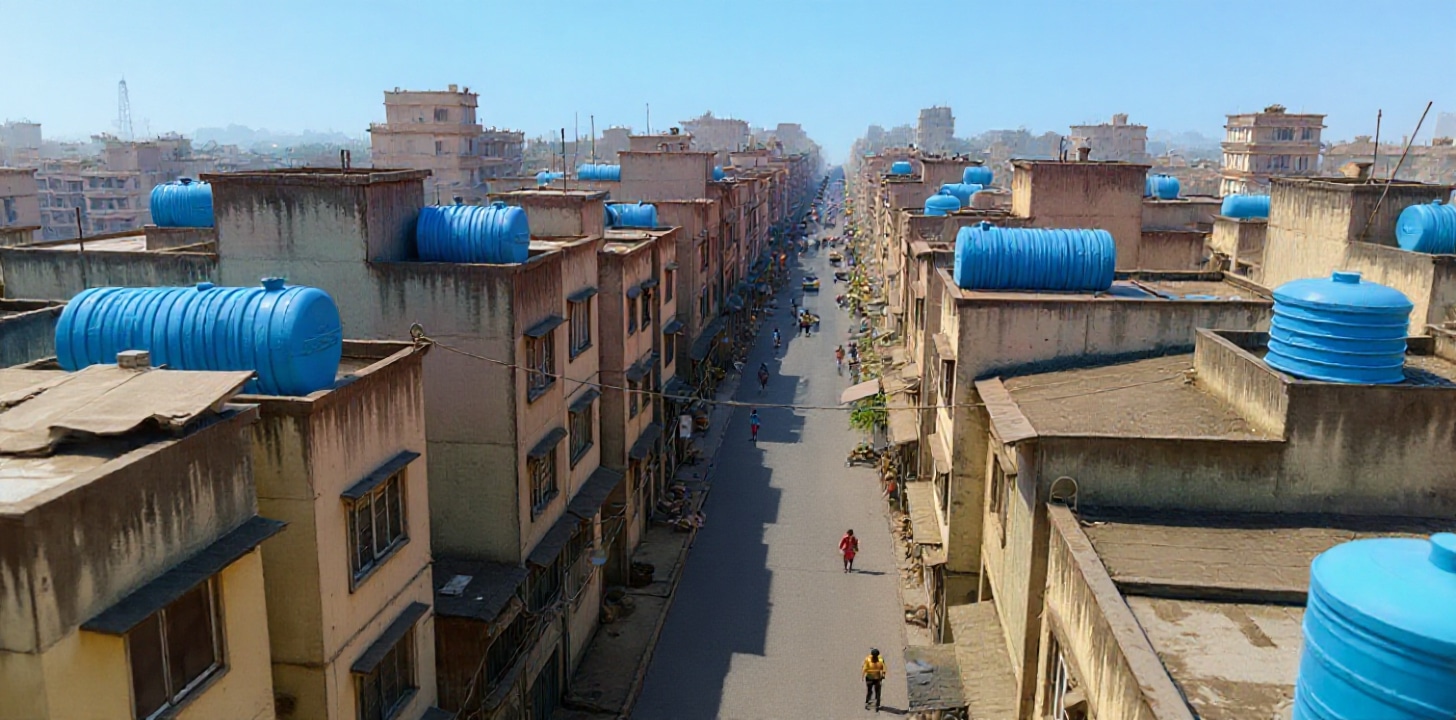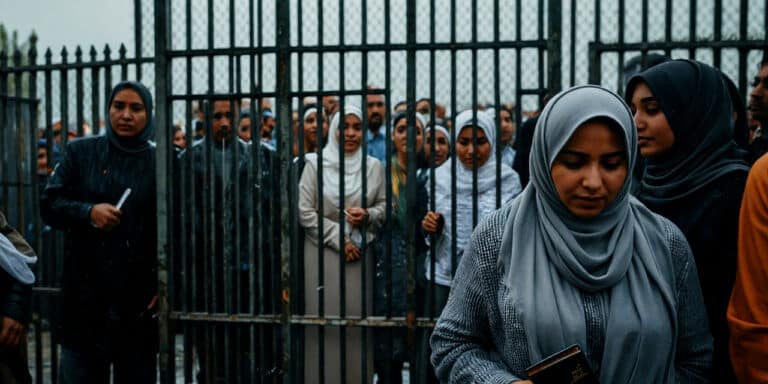The Iranians are stockpiling water tanks and pumps: Amid Iran’s escalating water crisis, there has been a sharp surge in both demand and prices for household water tanks and pumps. Residents, particularly in urban centers like Tehran, are facing prolonged water outages and severe drops in water pressure, prompting many to invest in private water storage solutions. Sales of tanks ranging from 100 to 10,000 liters have jumped by over 150%, while pump prices have soared, with some units selling for more than 20 million tomans (≈ 4,700 USD). This growing reliance on private infrastructure highlights a shift in water supply management, as more citizens are forced to shoulder the costs of access amid ongoing public service disruptions.
U.S. sanctions on an Iranian shipping network: The United States announced an unprecedented package of sanctions targeting a large shipping network linked to Iran’s oil industry. At the center of the move is Mohammad Hossein Shamkhani, the son of Ali Shamkhani, a top advisor to Ali Khamenei and former Secretary of the Supreme National Security Council. Shamkhani heads a complex web of shell companies, foreign-flagged vessels, and registered corporations in countries such as Panama, Italy, and Hong Kong, which, according to U.S. officials, are used to obscure the sale of Iranian oil — often coordinated through networks tied to Russia. The U.S. Treasury Department designated over 115 entities, individuals, and vessels as part of this network, making it the most expansive sanctions action against Iran in recent years.
Iran expressed strong opposition to the new sanctions through Foreign Ministry spokesperson Esmail Bahaei, who described them as an American pressure tool aimed at harming the Iranian economy and its citizens. He also claimed that the sanctions are illegal under international law. According to him, the move undermines Iran’s right to independent economic development and its national dignity.
Disagreements within the Iranian government over the online censorship bill: Iranian President Masoud Pezeshkian announced yesterday that the online censorship bill titled “Combating the Dissemination of False Content in Cyberspace” would be withdrawn, following a wave of public backlash and opposition from legal and media professionals. The bill, which had been endorsed by the government in mid-July following a proposal from the judiciary and with the support of Pezeshkian, sought to grant authorities the power to penalize users, journalists, and platforms for distributing content deemed “false or misleading”, and to monitor and restrict content on social media networks. The conservative newspaper Kayhan harshly criticized Pezeshkian, arguing that his retreat reflected a capitulation to political pressure and a failure to uphold the government’s responsibility to protect public order and psychological security.
Iranian cartoonist Hadi Heidari mocked Pezeshkian before the latter withdrew his support for the online censorship bill, by posting a cartoon showing Pezeshkian riding a donkey backwards. The cartoon drew harsh criticism from conservative figures and led to a criminal case against Heidari on charges of “offending public sentiment,” despite Pezeshkian himself stating he had no complaint against the cartoonist.











